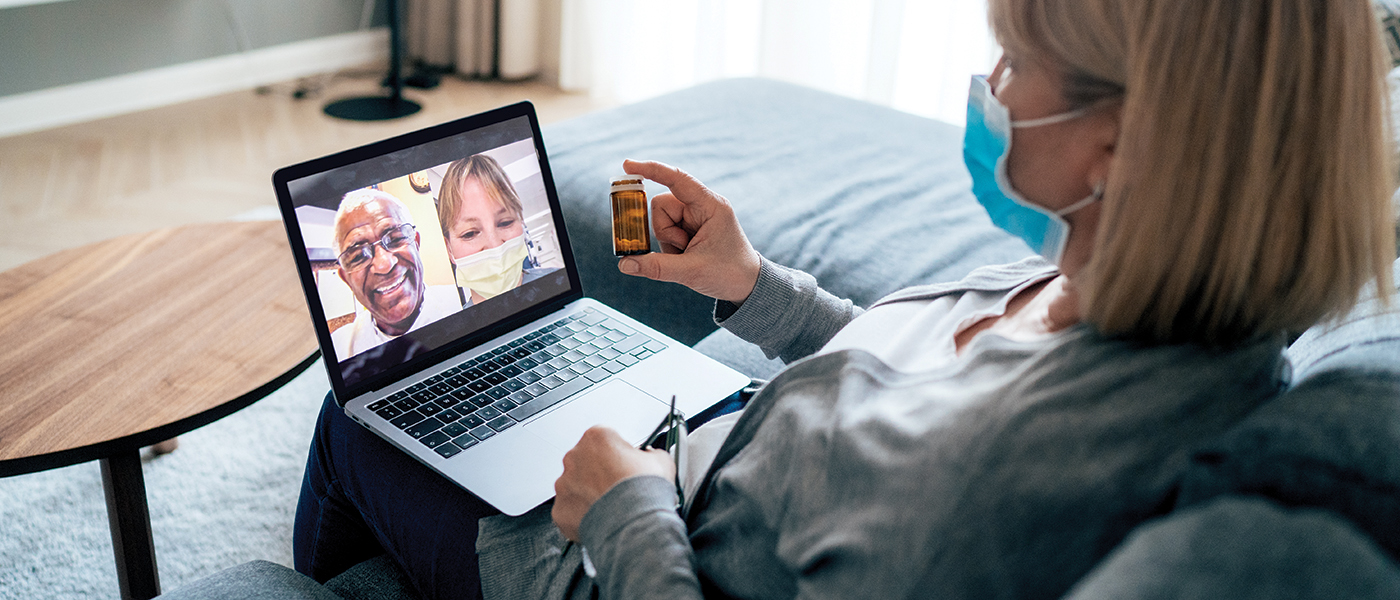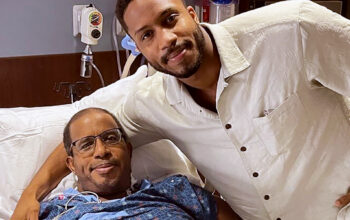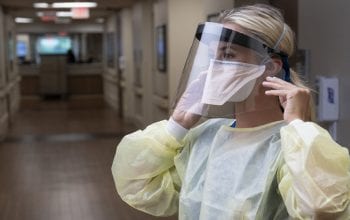Lifesaving CPR training reaches 100,000 HCA Healthcare colleagues.
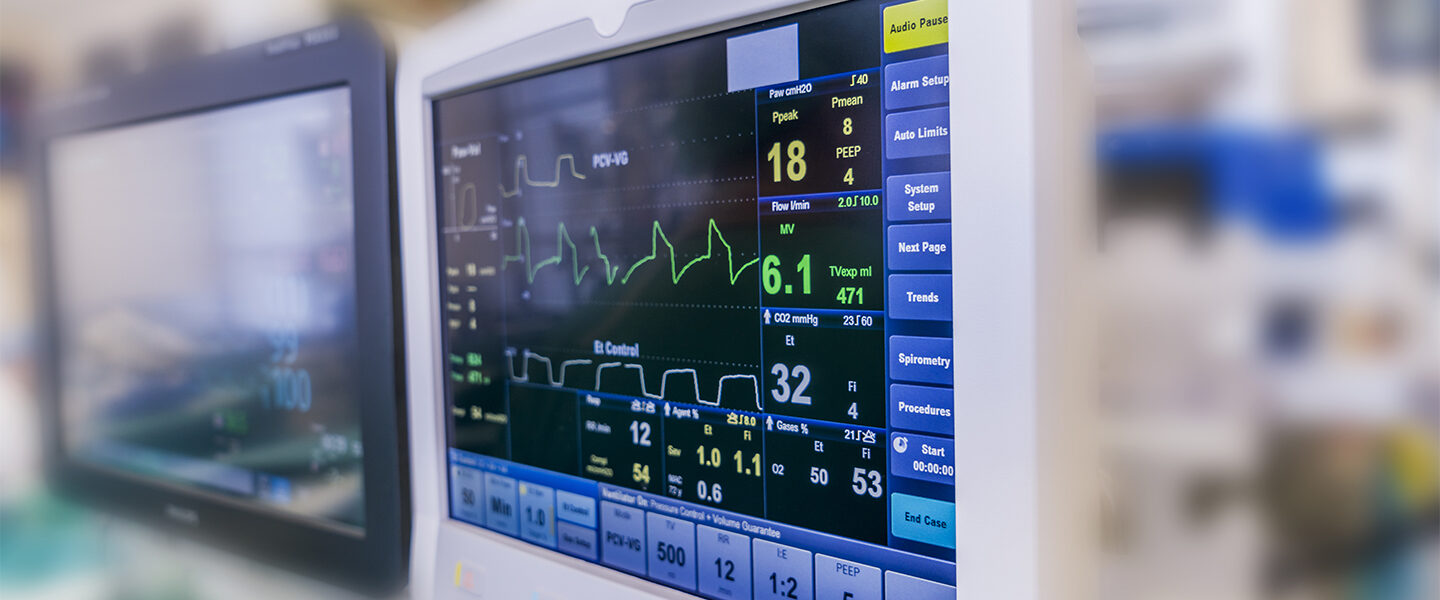
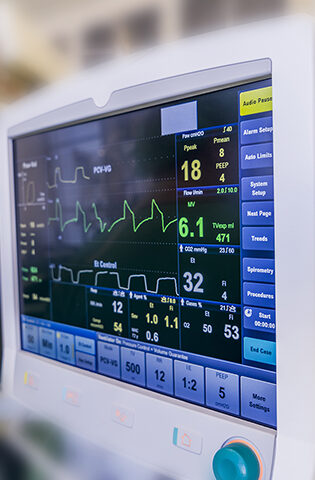
“We are on track to eclipse the U.S. military in the number of our colleagues who’ve earned American Red Cross CPR certifications,” says Justin Laferty, director of Simulation and Technology for the HCA Healthcare Center for Clinical Advancement.
Starting in October 2019, HCA Healthcare began rolling out an innovative new resuscitation training system to help keep all caregivers up to date on cardiopulmonary resuscitation (CPR). The lifesaving technique aims to keep blood and oxygen flowing through the body when a person’s heart and breathing have stopped.
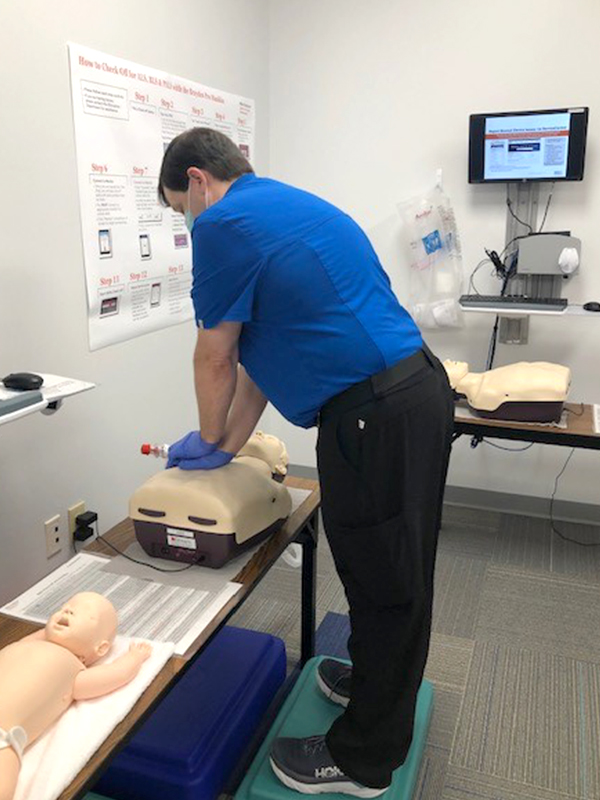
Michael Young practices CPR at the HCA Healthcare Center for Clinical Advancement at Doctors Hospital of Augusta in Augusta, Ga.
“We want to prevent the resuscitation event — we want our teams competent and quick with CPR like muscle memory — because it is very critical to a patient’s quality of life. We can increase a patient’s chance of survival if our staff knows how to intervene before resuscitation events occur, and we want to be the industry leader, responding quickly and appropriately in the window of prevention,” says Justin.
Since the initial pilot program, 100,000 HCA Healthcare colleagues have completed the course, and the numbers continue to skyrocket. HCA Healthcare, with more than 275,000 colleagues and composed of 186 hospitals and more than 2,000 sites of care in 20 states and the United Kingdom, is one of the nation’s leading providers of healthcare services.
By leveraging our scale and innovative capabilities, including the new CPR certifications, HCA Healthcare is in a unique position to play a leading role in the transformation of care.
We can increase a patient’s chance of survival if our staff knows how to intervene before resuscitation events occur.— Justin Laferty, director of Simulation and Technology for the HCA Healthcare Center for Clinical Advancement.
“For decades there was one way to accomplish CPR training, and this new American Red Cross resuscitation suite provides much-needed innovation and improvement to this space,” says Luther Cale, vice president of simulation for HealthStream.
The mobile and adaptive new certification process is a collaboration among HCA Healthcare, HealthStream and the American Red Cross. Now caregivers can avoid registering for a group class or printing out certification cards and can recertify at their location, at a time that is convenient for them, and then get back to the patient’s bedside.
The adaptive learning tool is also tailored to the participant based on their skill set.
“Whether you are a nurse with 20 years of experience or a new nurse, the course will adapt to you and what you need to know. It reduces clinicians’ time away from patients and increases their engagement,” says Luther.
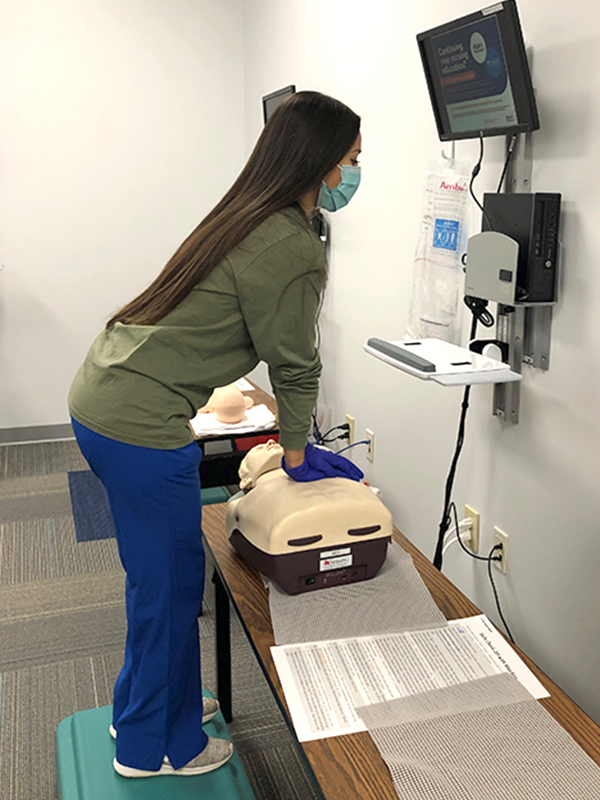
Sarah Briceno, ICU nurse at Doctors Hospital of Augusta in Augusta, Ga., refreshes her CPR skills.
“It takes away subjectivity and gives autonomy to the learner. They can complete the objectives 24/7, and once they have done so in HealthStream, the learner can send their completion card directly to human resources, and they can get back to work very quickly,” says Justin. “We are well over 95% in terms of utilization for all of our acute care hospitals. But this goes beyond nursing ― it includes our ambulatory surgery centers, physicians services group, etc.”
The new American Red Cross CPR certification at HCA Healthcare uses case study data and the latest science to educate colleagues about how to respond to a patient with sepsis or a pregnant patient in respiratory distress.
“It even educates them about how to react to a patient who’s had an opioid overdose,” says Justin.
“We also have live team-based immersive training, because often a team is running a code. We have virtual training for the team leader specifically to go in and practice running codes. For example, in the course involving a patient with an opioid overdose, the scenario includes a family member who keeps interrupting, and you have to learn how to deal with it,” says Luther.
It takes away subjectivity and gives autonomy to the learner.— Justin Laferty, director of Simulation and Technology for the HCA Healthcare Center for Clinical Advancement.
“The training videos, which they can watch on an iPad, show real healthcare professionals in real healthcare environments,” says Luther. “The mannequins show brain perfusion — where the learner can see the blood flow from the heart to the brain. It is a great way for them to see what they are trying to accomplish. And they receive immediate feedback on the iPad — what they did well and what they need to improve on.”
Justin sees this foundational program as setting the standard for the entire organization. “Next we want to provide enterprise dashboards. This will show hospital leadership key performance data that we can use to correct deficiencies and embrace successes. We can easily send emails to managers to get all nurses compliant,” says Justin.
